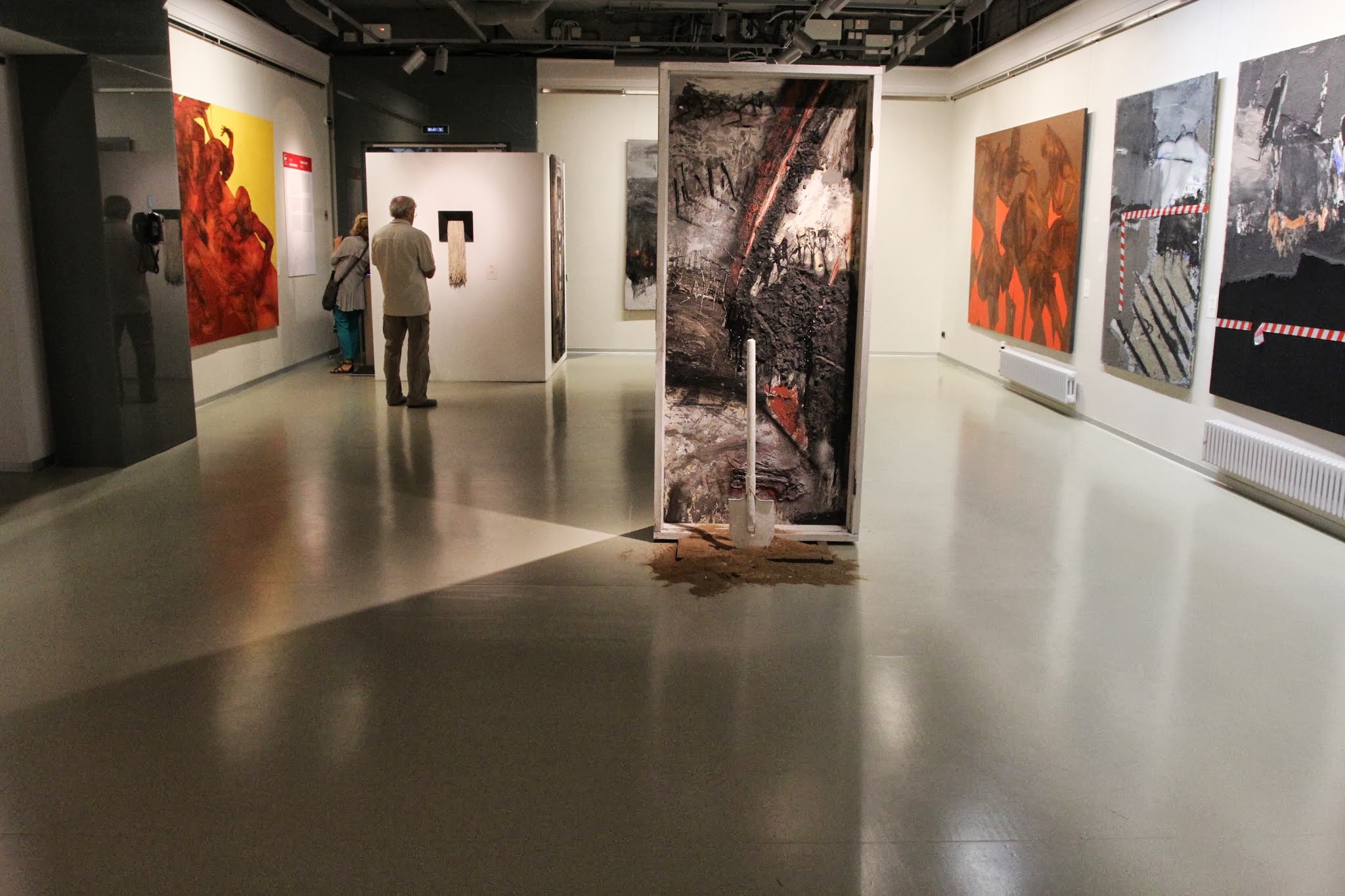
Art fairs are bustling hubs of creativity, where artists and art enthusiasts converge to celebrate and explore the boundless world of artistic expression. Whether you’re a seasoned exhibitor or a newcomer to the scene, standing out amidst the vibrant tapestry of talent can be a daunting task. Fear not, for we’ve curated a list of 10 essential do’s and don’ts to help you shine at your next art fair.
Mastering the art of standing out at an art fair requires a combination of strategic planning, creative presentation, and genuine engagement. By following these 10 do’s and don’ts, you can elevate your exhibition experience and maximize your impact on attendees. If you are showcasing your work, remember to stay true to your artistic voice and enjoy the opportunity to share your creativity with the world.

Contemporary art has always been more than just a visual experience — it is a

A brilliantly curated exhibition delves into globalisation and cultural exchange themes Technology, generally linked with

Ejaz Art Gallery in Lahore recently exhibited the group show ‘Unity in Flux: The Ones